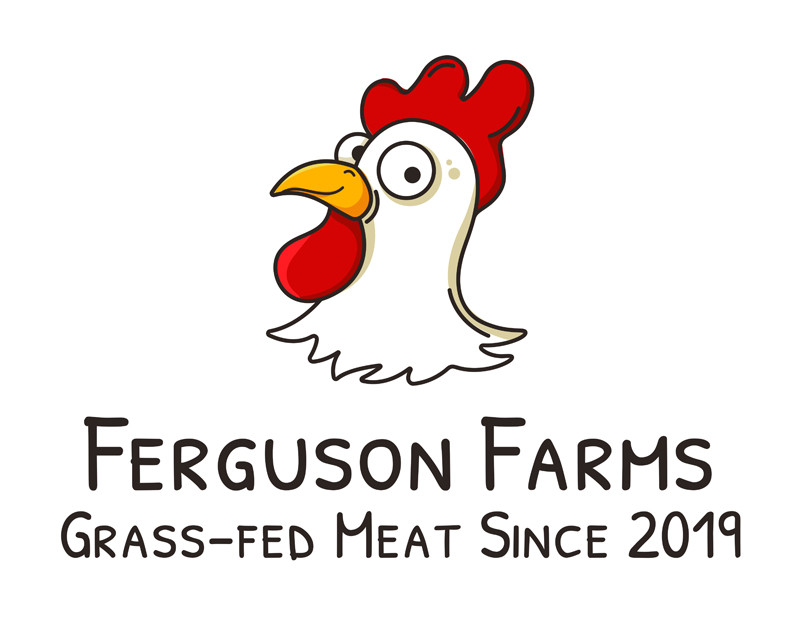Why Buy in Bulk?
posted on
March 1, 2022
We all know that buying products in bulk usually saves money, but buying beef in bulk makes sense for other reasons too. We want to share four reasons why it makes good sense for you and your family to buy grass-fed beef in bulk.
1. Buying bulk beef saves your family real money
This comes into play when you order any of our grass-fed beef bundles, you start saving some serious money. And the larger size you purchase, the more you will save. A good way to keep you and your family well-fed affordably. You can even save $320 right now when you buy a ¼ of a cow share (over 100 pounds of beef). While you do need to come up with a bit more cash in the short term, over the course of the year, your food costs for your household will be reduced significantly by buying your beef bulk.
2. Bulk means you’ll have an abundant supply when you need it.
Next time you’re throwing a big party or family gathering, you won’t need to go shopping for a large amount of meat. You can just open up your freezer and enjoy some of your stored supply of grass-fed beef and other farm-fresh meats.
3. Bulk means fresh-tasting beef whenever you want it.
We do sell all of our meat bundles frozen to keep that freshness preserved for a long time. And all of our pastured meats are vacuumed sealed to preserve maximum freshness and flavor as well.
If you still haven't bought yourself a chest freezer, now is a good time. There are a lot of decent brands of chest freezers available out there for $200 or less. Here is a 6.9 cu. ft. chest freezer you can buy at Home Depot with delivery for a flat rate. A good size that does not take a lot of room or power. You can easily get 30 lbs of meat into 1 cubic foot of freezer space.
4. The more grass-fed beef you have, the healthier you can eat
Grass-fed beef is definitely healthier and better for you. One health benefit I want to point out is CLA (Conjugated linoleic acid.) CLA exhibits potent antioxidant activity, and research indicates that CLA might be protective against heart disease, diabetes, and cancer. Beef is one of the best dietary sources of CLA, and grass beef contains an average of 2-3 times more CLA than grain-fed beef. This is because grain-based diets reduce the pH of the digestive system in ruminant animals, which inhibits the growth of the bacterium that produces CLA. Read more on the benefits of grass-fed meats.
When you stock up on our grass-fed beef, you’ll be able to incorporate a healthy, farm-to-table beef cut into as many meals as you’d like!




